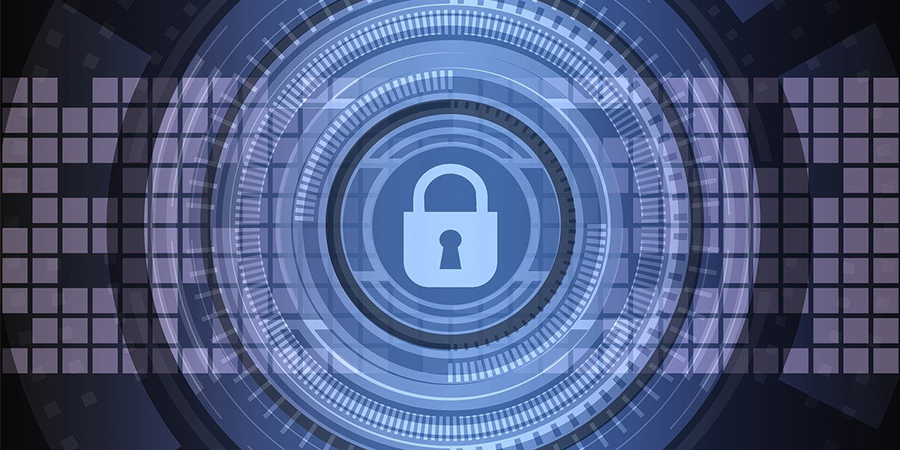The Organization of the Islamic Cooperation-Computer Emergency Response Team (OIC-CERT) 5G security working group (WG), co-chaired by CyberSecurity Malaysia, the OIC-CERT permanent secretariat, and Huawei UAE, an OIC-CERT commercial member, has completed the core OIC-CERT 5G security framework in less than eight months after the initiative was launched.
This framework, consisting of a 5G security risk repository, a 5G security baseline technical specification, and a cross-recognition assurance methodology, remains to be a work in progress due to 5G evolving technological improvements and new application scenarios.
Eng. Badar Ali Al-Salehi, the chairman of the OIC-CERT said, "It has been eluded on many platforms and occasions that the only way to solve the ever increasing cybersecurity challenge is through collaboration. The OIC-CERT 5G Security working group affirms this viewpoint and we are seeing remarkable progress in addressing some of the security concerns around 5G in general."
Meanwhile, executives from co-chair CyberSecurity Malaysia emphasized that 5G is another disruptive technology that all parties must embrace and with the new framework, their objective was to develop a set of guiding principles on how to address emerging 5G security threats for OIC-CERT members.
By February 2022, a meeting between the co-chairs and the OIC-CERT secretariat team is planned in Kuala Lumpur, Malaysia, where the WG work plan for this year will be announced. In line with this, there are plans to give a technical presentation of the OIC-CERT 5G security framework during GISEC in March 2022, where the formation of the WG was also announced in 2021.
The 5G heralds a new era of digital transformation, and with this progress comes new threats and vulnerabilities because of the vastly expanded attack surface. Adopting IoT, for example, will add a new set of challenges such as the security, safety, and robustness of cyber and physical systems. Therefore, there's an urgent need to enhance cybersecurity measures proportionate to the threats emerging from digital technology advancements.









